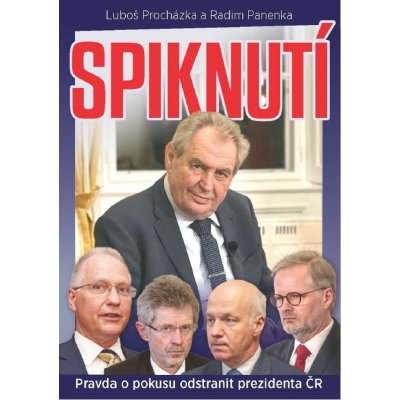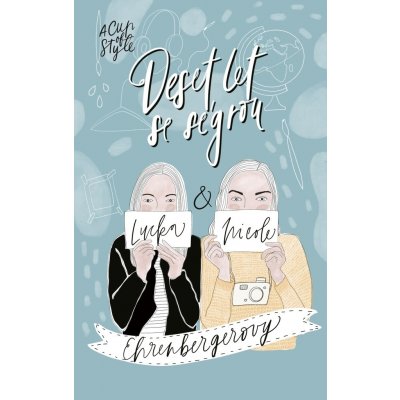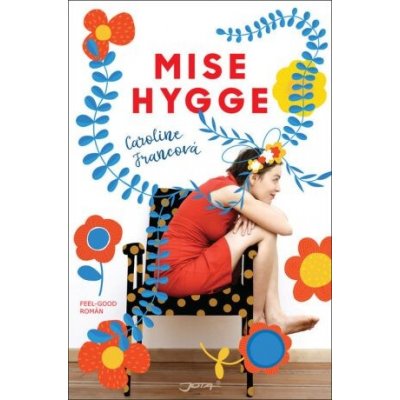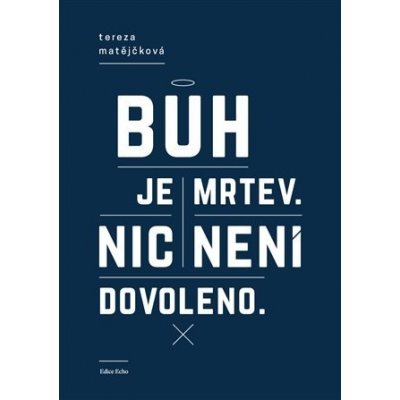From K-pop to kimchi, Korean culture is becoming increasingly popular on the world stage. This cultural internationalisation is also mirrored linguistically, in the emergence and development of Korean English. Often referred to as 'Konglish', this book describes how the two terms in fact refer to different things and explains how Koreans have made the English language their own. Arguing that languages are no longer codified and legitimised by dictionaries and textbooks but by everyday usage and... Celý popis
Koupit za 1 082 Kč- Od nejoblíbenějších
- Od nejlevnějších
- Od nejdražších
Popis
From K-pop to kimchi, Korean culture is becoming increasingly popular on the world stage. This cultural internationalisation is also mirrored linguistically, in the emergence and development of Korean English. Often referred to as 'Konglish', this book describes how the two terms in fact refer to different things and explains how Koreans have made the English language their own.
Arguing that languages are no longer codified and legitimised by dictionaries and textbooks but by everyday usage and media, Alex Baratta explores how to reconceptualise the idea of 'codification.' Providing illustrative examples of how Koreans have taken commonly used English expressions and adjusted them, such as doing 'Dutch pay', wearing a 'Burberry' and using 'hand phones', this book explores the implications and opportunities social codification presents to EFL students and teachers. In so doing,
Arguing that languages are no longer codified and legitimised by dictionaries and textbooks but by everyday usage and media, Alex Baratta explores how to reconceptualise the idea of 'codification.' Providing illustrative examples of how Koreans have taken commonly used English expressions and adjusted them, such as doing 'Dutch pay', wearing a 'Burberry' and using 'hand phones', this book explores the implications and opportunities social codification presents to EFL students and teachers. In so doing,
Parametry
| Rok vydání | 2023 |
| Počet stran | 224 |
| Výrobce | Bloomsbury Publishing PLC |
| Jazyk | anglické |
| Váha | 360 gramů |














